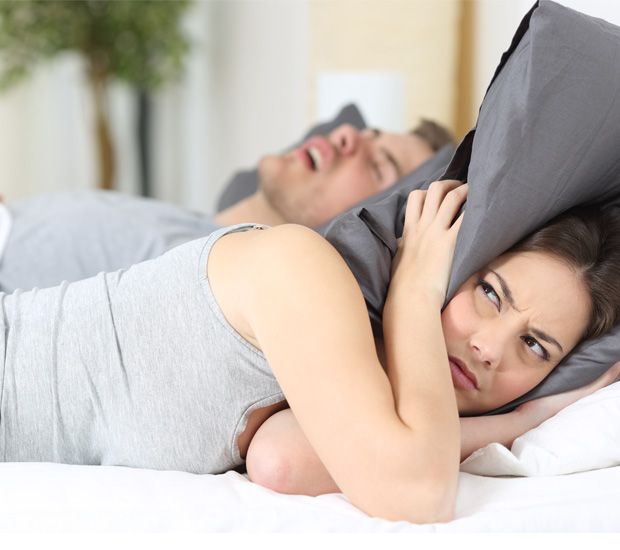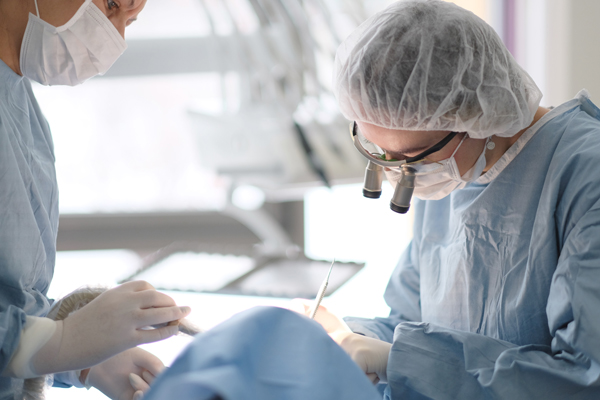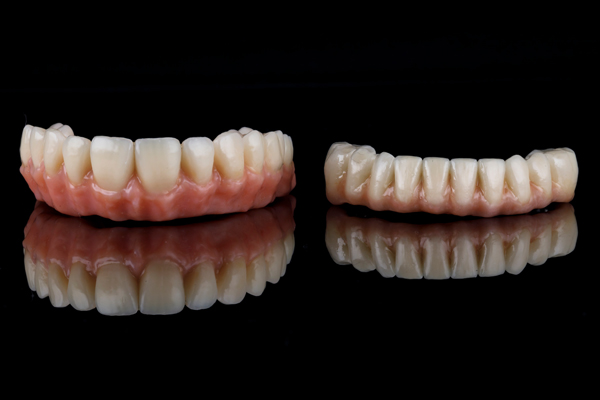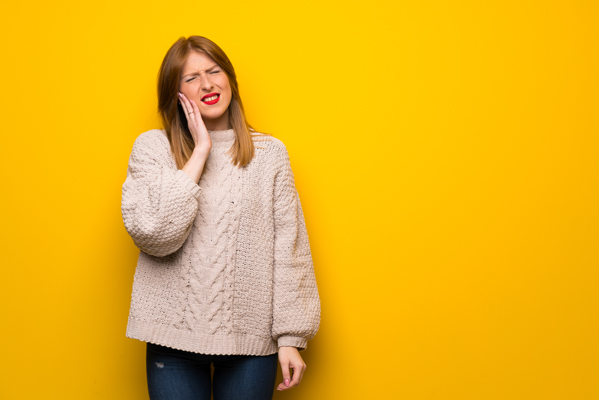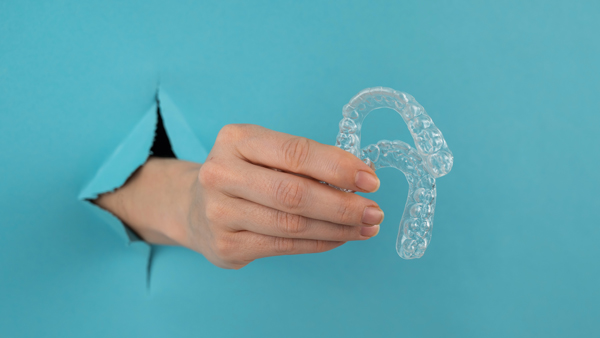Sleep Study
At Home Assessment Highlands Ranch, CO
Dr. Bailey is a well-renowned dentist experienced in the treatment of obstructive sleep apnea (OSA). Dental sleep therapy may sound like something new but Dr. Bailey made his first sleep apnea appliance 25 years ago. The designs of these appliances are similar to functional orthodontic appliances which Dr. Bailey learned to work with more than 30 years ago. Dr. Bailey’s expertise in these appliances combined with a sincere desire to help people guides him in providing the highest quality appliances along with a level of personal caring that is hard to find anywhere else.
At Colorado Precision Dentistry, we provide an in-home sleep-testing device with state-of-the-art technology to give us the best information possible in guiding you to make wise choices. Dr. Bailey’s experience in sleep appliances allows him to help select the best appliance for your specific needs. If you would like to investigate your concerns and potential treatment options please call us or click the link to set up a FREE consultation.
What is sleep apnea?
Sleep apnea is a condition that makes it difficult for your body to receive the oxygen you need to properly function. Without enough oxygen, you will feel drained and sluggish, but since the condition manifests itself at night, most people have no idea that they have it.
How does sleep apnea impact a person’s health?
There are many health problems that can arise from untreated sleep apnea. They can include a stroke, high blood pressure, headaches, diabetes, depression, mood swings, heart failure, ADHD that becomes worse, and an overall lack of well-being.
How does sleep apnea negatively impact a person’s life?
Without enough oxygen, your body will have a difficult time functioning. Beyond the health effects, this can translate to not having enough energy to stay awake past dinner, enjoy your kid's birthday parties, go for a bike ride, or even drive your car. In fact, when you are tired, the basic and often mundane activities of life can put you to sleep. This can make it dangerous to get behind the wheel and could compromise your work performance. Essentially, your quality of life can be greatly diminished, making it critical that you visit Dr. Bailey and have your sleep apnea evaluated.
What is the difference between sleep apnea and a sleep disorder?
Sleep apnea is a physical condition that makes it impossible to breathe freely while you are sleeping. As a result, your body will not get enough oxygen to function at an optimal level. A sleep disorder can be one of the following:
- Insomnia. When it comes to sleep disorders, insomnia can be long-term or temporary. Often brought on by external factors like stress, insomnia may be treated with an oral medication.
- Narcolepsy. As a sleep disorder, narcolepsy is by far the worst. It can impact you throughout your entire life, making you feel so exhausted that you are forced to suddenly fall asleep, regardless of where you are or what you are doing. Narcolepsy is a true life disrupter.
- Restless leg syndrome. Commonly impacting pregnant women, restless leg syndrome can force your legs to move all throughout the night. Giving you a feeling of constant tingles or a burning and itching sensation. RLS can be highly distracting and impact anyone at any time. It helps to go for a walk or exercise during the day, since those who are sedentary tend to experience RLS more frequently.
- Jet lag. While most people view jet lag as a part of long-distance travel, it is a real sleep disorder, and if your body does not adjust well to the changes in time zones, jet lag could impact you for days or even weeks if you continue to travel from place to place. This disruption in your sleep patterns can make it difficult to get caught up on the rest you need, and may leave you feeling worn down to the point of potentially getting sick. Fortunately, this condition will eventually rectify itself when you get back home and stop traveling.
- Snoring. If you snore too loudly, you could wake up your Highlands Ranch neighbors, your spouse, or just yourself. Many people cannot get a good night’s sleep because they snore too loudly, and this condition is often brought on by sleep apnea.
Check out what others are saying about our sleep apnea support services on Google: Do I Have Sleep Apnea?
What are the two main types of sleep apnea?
- Obstructive Sleep Apnea (OSA). When you have obstructive sleep apnea, your lower jaw and tongue often fall back and shut down or limit the airway. Your tongue and other soft tissues can block your airway, making it impossible to breathe freely while sleeping. This is why people with OSA will typically snore or sound like they are choking in their sleep. This is one of the signs that the body is trying to move the tongue in order to breathe. Another cause of OSA is having too much fatty tissue in the back of your throat. This is one reason obesity is a risk factor for OSA.
- Central Sleep Apnea. In this condition, the brain is responsible for the sleep apnea. By not sending signals to the muscles in charge of breathing, your body fails to respond as it should. This is not something that can be treated by a dentist, but instead, you will need to see a specialist.
How is sleep apnea treated?
At Colorado Precision Dentistry, we recommend that patients explore all non-invasive treatment options first. Mild and Moderate levels of sleep apnea will often respond well to a dental sleep appliance. Severe apnea is suggested to be treated with a CPAP with the guidance of a certified sleep physician. An oral appliance is a convenient treatment option because it does not make any noise and is incredibly discrete. Clearly, some patients require the use of a CPAP machine to provide them with additional oxygen. The challenge with a CPAP is that it can be loud and uncomfortable to wear. The third treatment option for OSA is to have surgery to remove the extra fatty tissue blocking your airway.
How does an oral appliance work?
Wearing an oral appliance is generally something patients adapt to in a few nights sleep. It is customized for your mouth specifically, so it fits snugly and securely. As a result, you can simply slip it into place when you go to sleep. It remains in place inside of your mouth and does an excellent job of holding your lower jaw in the forward position. This prevents your tongue from falling backward and allows for a clear airway. Some people receive all of the benefits they need by wearing an oral appliance, while those with severe sleep apnea may also require the use of a CPAP machine.
To learn more about sleep apnea or discuss your oral health in general, call 303-481-0565 and schedule an appointment with our Highlands Ranch dental office. At Colorado Precision Dentistry, we are happy to discuss your health challenges and make recommendations, even if we have to refer you to a specialist for treatment.
